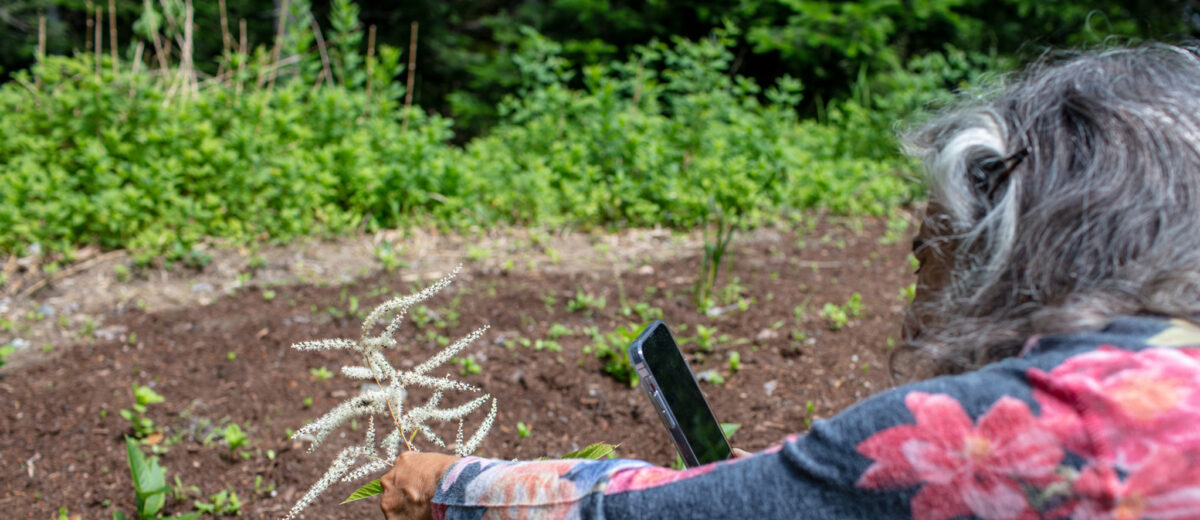by Hannah Webber
Engaging more people in science is exciting and fun, especially when they come from diverse backgrounds. But setting up and running a citizen science (or “participatory science”) effort requires lots of different skills and knowledge in research, communication, community building, and project management – as well as curiosity, patience, and enthusiasm. Establishing common scientific and engagement goals can be challenging. But it doesn’t have to be, especially if there is training to guide us.
Since Schoodic Institute was founded 25 years ago, it has been part of our mission to engage people of all ages in science. In recent years, we have assisted hundreds of people and organizations interested in starting or improving citizen science programs and projects across the United States. As citizen, or participatory, science has grown as a tool for rigorous data collection and science engagement, the need for training on the basics principles and effective implementation has grown.
The demand for information led us to develop a toolkit and associated training materials. Produced in partnership with the National Park Service, Bureau of Land Management, US Fish & Wildlife Service, US Forest Service, and the Cornell Lab of Ornithology, the Interagency Citizen Science Toolkit is now available to stimulate and guide public engagement with science in national parks, wildlife refuges, forests, grasslands, rangelands, and deserts. Often, this science is in direct service to those charged with managing these lands and waters on behalf of all Americans.
The toolkit covers topics ranging from establishing a basic understanding of citizen science (or participatory science), to building a project team and identifying the audience for a project, to collecting and managing data, to sharing project results and evaluating success. Presentation materials and pre-recorded training modules are available along with the toolkit, supporting both independent learning as well as instructor-led trainings.
The positive impact of citizen science on the federal agencies is evident in the numerous ways people can participate in science in national parks, as well as support for citizen science provided via the US Forest Service and the Bureau of Land Management. With this toolkit, it is our hope that agency staff and partners will confidently initiate new projects and programs that engage the public, but also sustain them and have positive experiences.
To access the Interagency Citizen Science Toolkit and associated training materials visit schoodicinstitute.org/citizen-science-toolkit.
